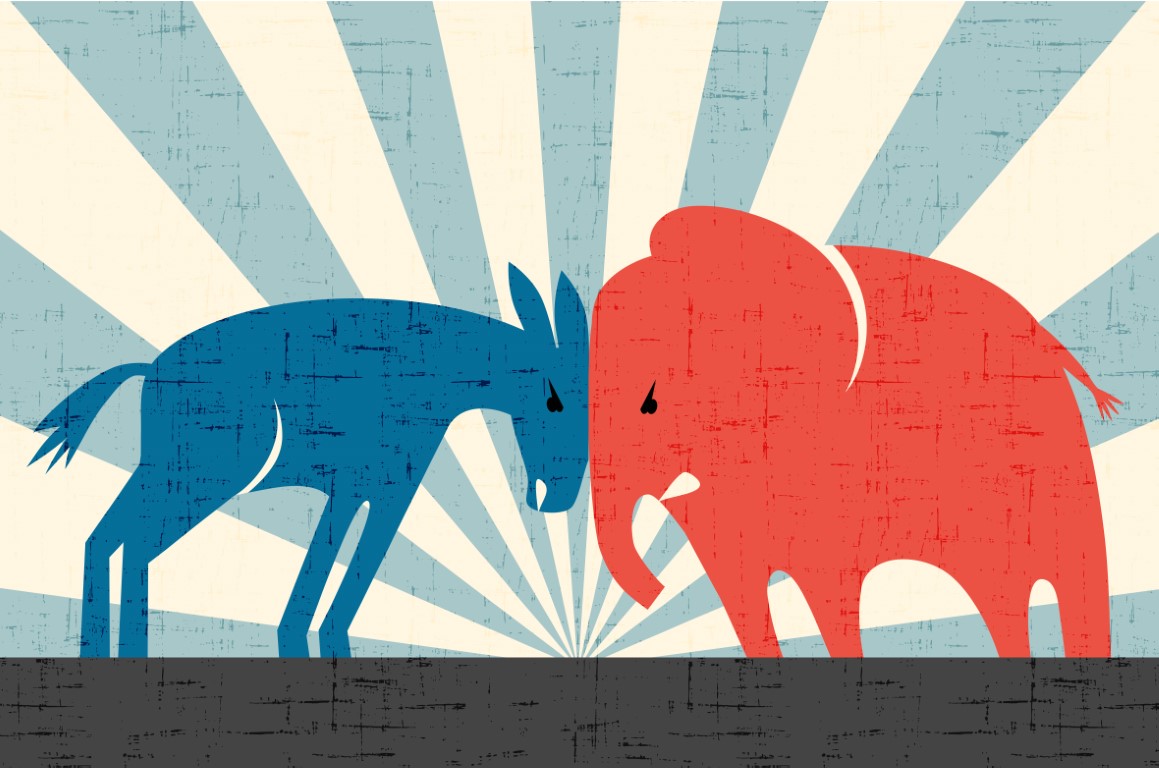
Men face hardships too, and they should not be ignored
By Jessica Berget, Opinions Editor
Women’s centres exist on almost every Canadian college and university campus, but men’s centres are practically non-existent. While there have been talks of establishing men’s support groups and centres at some institutions, most are met with immediate opposition and hostility. People justify their resistance by claiming that establishing a men’s centre would be sexist, since there are already so many male-centred spaces, and that such a centre would further perpetuate notions of hegemonic masculinity. While I do agree there are a lot of male-centred spaces, I would argue that denying a men’s centre simply because you think it is sexist further contributes to sexism, rather than equality.
Take Simon Fraser University for example; in 2012, the SFU student union planned to finance a Men’s Centre on campus, maintaining that men are also entitled to a safe space on campus. Unsurprisingly, this decision did not sit well with students. Even the SFU Women’s Centre opposed the idea, with their assertion that “the men’s centre is everywhere else.”
If you don’t provide a safe space for men to challenge notions of masculinity, homophobia, sexism, racism, classism, and ability issues, where are they going to do it? I believe there should be a place for men to facilitate these kinds of discussions to educate and inform all peopl, and all genders about the society we live in, and there is no better place to start these discussions than on college and university campuses.
We don’t think about it much, but men are negatively affected by sexism, in different ways than women. They are shamed for acting in any way that is perceived as feminine, they are socialized to suppress their emotions, which ultimately leads to higher rates of suicide, and are often not taken seriously in cases of rape or abuse. Implementing more male support groups and centres would benefit both men and women because it would create the kind of atmosphere that allows for discussion and education about the issues that men face because of sexism and what can be done to rectify them.
Men of colour, transgendered, homosexuals, and men with disabilities experience racism, homophobia, transphobia, or ableism in different ways than women, but that should not mean they’re not important. Men should be allowed to have a space to discuss these issues and to challenge them so that our society can become better equipped to combat these injustices and move further towards equality.
According to the DSU Women’s Collective Facebook page, their mission is to “create a safe and inclusive space for all self-identified women to support, grow, and learn from each other,” as well as to “focus on social justice, awareness, and community building through workshops, speakers and biweekly meetings.” If a men’s collective is established with the same morals and guidelines, I don’t see how it could negatively affect anyone in any way. The Women’s Collective meetings I have attended have always benefitted and educated me to be a better person and ally, and I think men would also benefit from the same kind of discussions and support.
Men may hold much of the power in society, but that doesn’t mean they don’t face hardships of their own, or that their problems are not important. The sooner safe spaces for men to openly discuss their issues are established in post-secondary institutions, the sooner we can end this battle of the sexes and move together toward equality.

